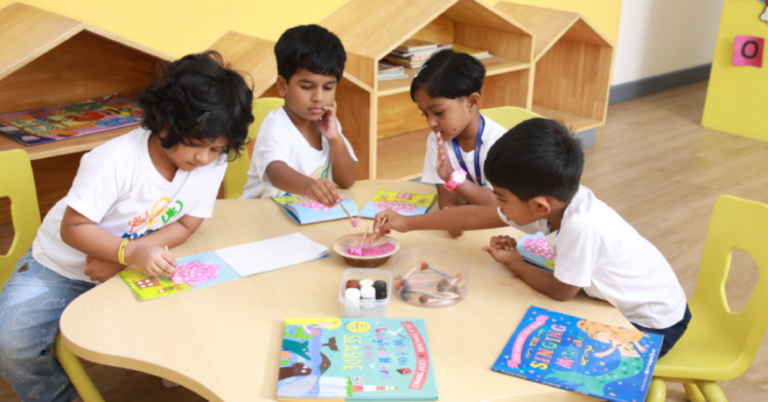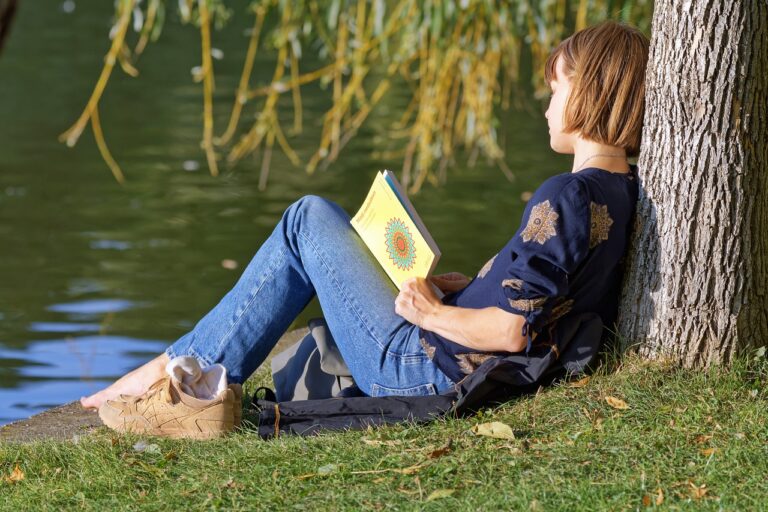Redefining Assessment Methods for 21st Century Learners
Traditional assessment methods have long been criticized for their overreliance on standardized tests and multiple-choice questions. These assessment strategies often fail to capture the complexity of students’ knowledge and skills, as they mainly measure rote memorization rather than critical thinking and problem-solving abilities. Furthermore, traditional assessments tend to be one-size-fits-all, disregarding the individual learning styles and needs of students.
Another challenge associated with traditional assessment methods is their limited ability to assess higher-order thinking skills like creativity, collaboration, and communication. Assessments that focus solely on memorization do not adequately prepare students for the demands of the 21st-century workforce, where these skills are highly valued. As a result, students may graduate lacking essential competencies needed to succeed in the rapidly evolving job market.
The Need for Authentic Assessment in the 21st Century
Authentic assessment is becoming increasingly essential in the 21st century as traditional methods often fall short in capturing the complex skills and knowledge required in today’s rapidly evolving world. In contrast to conventional standardized tests that focus on rote memorization and regurgitation of facts, authentic assessment allows students to demonstrate their understanding and proficiency through real-world applications and tasks that mirror scenarios they may encounter in their future careers.
By embracing authentic assessment practices, educators can better gauge students’ abilities to think critically, solve problems creatively, collaborate effectively, and communicate clearly – all crucial skills for success in the modern workforce. This shift towards authentic assessment not only provides a more accurate reflection of students’ capabilities but also encourages them to develop a deeper understanding of the material and its practical implications.
Innovative Approaches to Assessing 21st Century Skills
One innovative approach to assessing 21st-century skills is through project-based assessments. Instead of relying solely on traditional tests and exams, project-based assessments require students to work on real-world projects that demonstrate their ability to apply knowledge and skills in practical scenarios. These assessments often involve collaboration with peers, critical thinking, problem-solving, and communication skills, which are essential for success in the 21st century.
Another effective approach is the use of portfolios as a tool for assessment. Portfolios allow students to compile samples of their work over time, showcasing their development and growth across various tasks and projects. By curating a collection of their best work, students can reflect on their learning journey and demonstrate their progress in mastering 21st-century skills such as creativity, adaptability, and digital literacy. Portfolios offer a more holistic view of a student’s abilities and provide valuable insights for both students and educators to track progress and set goals for improvement.
What are some challenges with traditional assessment methods?
Traditional assessment methods often focus on memorization and regurgitation of information, rather than critical thinking, creativity, and collaboration – key skills needed in the 21st century.
Why is there a need for authentic assessment in the 21st century?
Authentic assessment allows students to demonstrate their skills and knowledge in real-world contexts, better preparing them for the challenges they will face in the workforce and society.
What are some innovative approaches to assessing 21st century skills?
Some innovative approaches include project-based assessments, performance tasks, portfolios, and peer evaluations, which better capture students’ abilities to think critically, solve problems, and work collaboratively.







